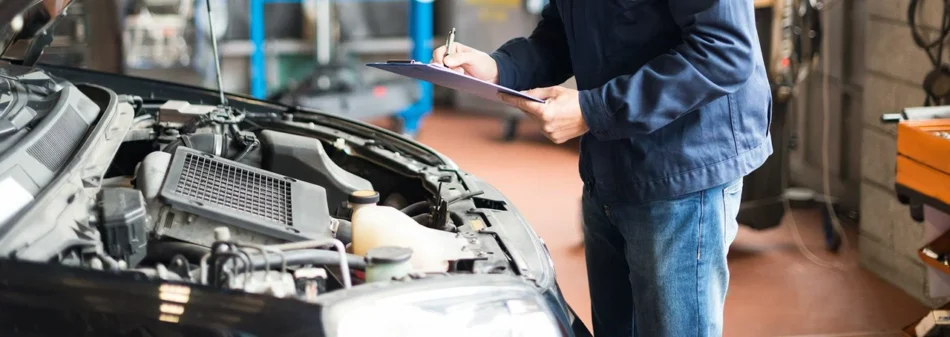One of the most essential steps when purchasing a used car is getting a Pre-Purchase Car Inspection (PPI). Many buyers wonder, “How far in advance should I arrange the inspection?” The simple answer is as early as possible before finalising the deal, but there’s more to understand about timing, planning, and execution.
What Is a Pre-Purchase Car Inspection (PPI)?
A Pre-Purchase Car Inspection covers various aspects of the car, such as:
- Engine performance
- Transmission function
- Brake condition
- Suspension system
- Tyres and wheels
- Structural integrity (checking for signs of accidents or repairs)
- Diagnostic scan for electronic systems
- Interior and exterior cosmetic condition
The purpose is to uncover hidden problems or warning signs before purchasing the vehicle.
Why Timing Matters
Timing the inspection properly allows you to:
- Avoid last-minute surprises
- Can negotiate better prices based on inspection results
- Ensure you have enough time to make a thoughtful, informed choice
When to Schedule the Inspection
As Soon as You’re Seriously Considering the Car
Once you’ve done your initial checks—like test-driving the vehicle, confirming the service history, and reviewing MOT records—and feel confident that this may be the car you want to buy, that’s the time to schedule the PPI. Don’t wait until you’ve verbally agreed on the deal or paid a deposit.
Recommended Timeframe: Within 24 to 48 hours of expressing serious interest in the vehicle.
Before Any Payment or Deposit
Never pay a deposit before a PPI unless you are offered a fully refundable deposit with a written agreement stating that the deal depends on a satisfactory inspection result.
Many sellers are willing to hold the car temporarily while an inspection is arranged. Use this time wisely.
Weekdays Are Better Than Weekends
Car inspection garages or mobile inspectors are often more available on weekdays. Booking early in the week increases your chances of quick service.
If you wait until the weekend, you may face longer wait times, and other buyers could snap up the car.
Can a Same-Day Inspection Work?
Yes, but only if everything aligns smoothly:
- The seller is available
- The car is accessible
- A qualified inspector or garage has an open slot
However, this is risky in a competitive market and not ideal for imported cars or high-performance vehicles that require specialised checks.
What If the Seller Refuses a PPI?
If a seller is hesitant or flat-out refuses a Pre-Purchase Inspection, consider that a red flag. Sellers with nothing to hide will generally welcome the inspection, especially if you’re footing the bill.
Red flag indicators include:
- Avoidance of inspection requests
- Reluctance to meet at a qualified garage
- Providing excuses about tight schedules
Benefits of Getting a PPI Early
Prevent Expensive Mistakes
A car may appear flawless but hide significant issues like engine wear, frame damage, or failing brakes.
Strengthens Your Negotiating Position
If the inspection reveals minor faults (like tyre wear or oil leaks), you can negotiate a better price or ask the seller to fix the problems before purchase.
Saves Time and Stress
By identifying potential issues early, you save yourself the stress of buying a lemon and needing to return it (if possible) or deal with breakdowns later.
DIY Checks Before Scheduling a PPI
- Start the engine and listen for unusual noises
- Check fluid levels and engine bay cleanliness
- Look for visible rust or dents
- Check for dashboard warning lights
- Verify MOT and service history
If all looks promising, book a full PPI as soon as possible.
Mobile vs Garage-Based Inspections
Mobile Inspectors:
They come to the seller’s location, which is ideal for private sales.
Garage Inspections:
More thorough, especially if the garage has lifting equipment for undercarriage checks.
How Long Does a PPI Take?
- Basic inspections can take 1–2 hours
- Comprehensive inspections may take up to 4 hours
- Always allow enough time between your appointment and any commitment to buy the car
Conclusion: Don’t Delay the Inspection:
In short, do your due diligence early. Think of the inspection as an investment in peace of mind rather than an optional expense. A Vehicle Engineer’s Report provides a detailed assessment of a vehicle’s mechanical and structural condition. It highlights defects, safety concerns, or signs of previous damage or poor repairs. Often required after accidents or for legal, insurance, or resale purposes, it ensures transparency and roadworthiness.







